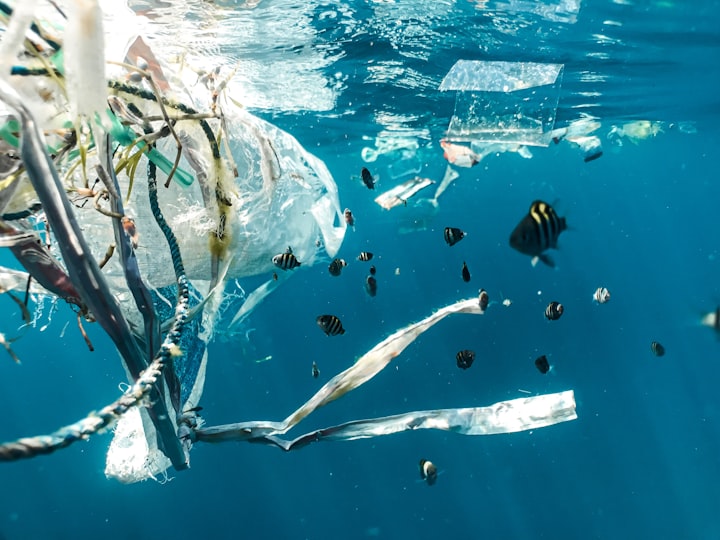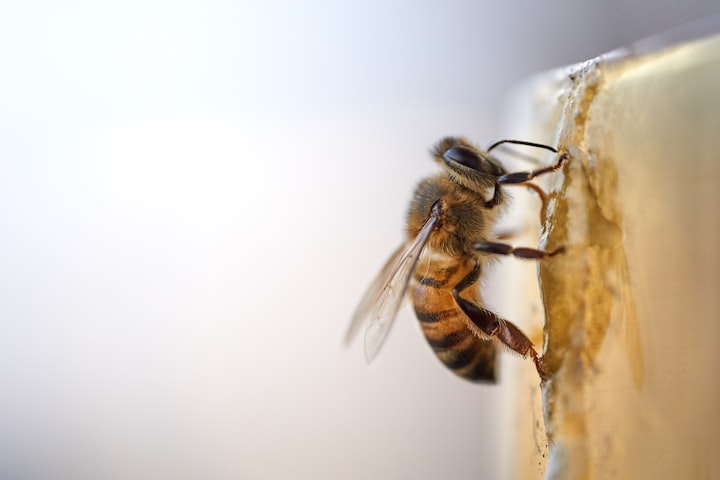
The world's oceans are vital for sustaining life on Earth. They cover over 70% of the planet's surface, regulate our climate, provide food, and support countless ecosystems. However, our oceans are facing an alarming crisis: sea pollution. Human activities are threatening the health of our seas and the life they contain. In this article, we will delve into the risks posed by sea pollution and explore potential solutions to mitigate this growing threat.
I. Risks of Sea Pollution
Marine Ecosystems at Risk
Marine ecosystems are incredibly diverse and interconnected. They include coral reefs, seagrass beds, kelp forests, and open ocean environments. Sea pollution disrupts these ecosystems in several ways:
Oil spills and chemical pollutants can smother and poison marine life.
Plastic debris can entangle and kill marine animals, while microplastics infiltrate the food web.
Excessive nutrients from runoff cause harmful algal blooms, depleting oxygen and creating dead zones.
Heavy metals can accumulate in seafood, posing risks to human health.
Threats to Biodiversity
Sea pollution contributes to the decline of marine biodiversity. Overfishing, habitat destruction, and climate change already stress marine life, and pollution exacerbates these pressures. Species such as sea turtles, seabirds, and marine mammals are particularly vulnerable to pollution. Invasive species transported through ballast water also harm native ecosystems.
Impact on Human Health
The consequences of sea pollution are not limited to marine life; they affect human health as well. Contaminated seafood can lead to serious health issues, including mercury poisoning. Additionally, toxins from harmful algal blooms can contaminate drinking water sources, posing risks to coastal communities.
II. Solutions to Sea Pollution
Reduce Single-Use Plastics
One of the most visible forms of sea pollution is plastic waste. To combat this, we must reduce single-use plastics through various means:
Implementing plastic bans and taxes.
Promoting the use of reusable items.
Encouraging recycling and innovation in biodegradable plastics.
Improve Waste Management
Proper waste management is essential to prevent pollution from entering the oceans. This includes:
Developing efficient sewage treatment systems.
Implementing strict regulations on industrial discharge.
Enhancing waste disposal infrastructure in coastal areas.
Sustainable Fishing Practices
Overfishing exacerbates the effects of sea pollution by depleting marine populations. Sustainable fishing practices can mitigate this issue:
Enforcing catch limits and seasonal closures.
Promoting selective fishing methods that reduce bycatch.
Establishing marine protected areas to safeguard critical habitats.
Reduce Nutrient Pollution
To combat nutrient pollution, we should:
Implement agricultural best practices to reduce runoff.
Upgrade sewage treatment plants to remove nutrients.
Promote sustainable land use and urban planning.
Oil Spill Prevention and Response
Preventing oil spills is crucial, but when they do occur, rapid and effective response is vital. We can achieve this through:
Strict regulations and inspections of oil tankers.
Improved oil spill response plans and equipment.
Investing in research for advanced spill response technologies.
Raise Awareness and Education
Educating the public about the dangers of sea pollution and its impacts on ecosystems and human health is paramount. Schools, NGOs, and governments should work together to increase awareness and promote responsible behavior.
International Collaboration
Sea pollution is a global issue that requires international cooperation. Nations must collaborate to establish and enforce regulations, share research, and address pollution sources that transcend borders.
Conclusion
Sea pollution is a critical global issue with far-reaching consequences for marine ecosystems, biodiversity, and human health. While the risks are substantial, there are solutions within our reach. By reducing plastic waste, improving waste management, adopting sustainable fishing practices, and addressing nutrient pollution and oil spills, we can begin to reverse the damage and protect our oceans for future generations. However, it will require concerted efforts from individuals, communities, industries, and governments worldwide to address this pressing threat to our seas.
About the Creator
moha jone
I like science - fiction -- fantasy - adventure and I enjoy mystery






Comments
There are no comments for this story
Be the first to respond and start the conversation.